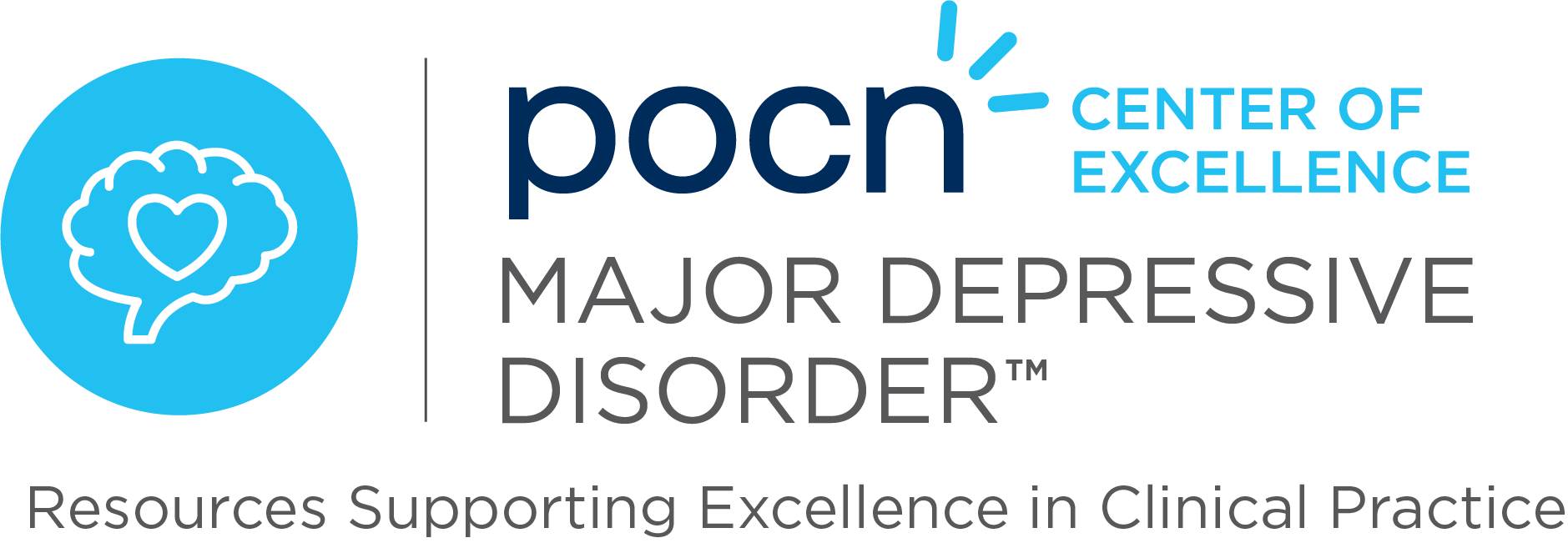Psychotic depression is a subtype of major depressive disorder (MDD) where individuals experience hallucinations or delusions during their depressive episodes. It impacts up to 20% of patients with MDD, but psychotic features often go unrecognized, leading to worse prognosis and increased morbidity. Hallucinations in psychotic depression are typically mood-congruent, such as hearing demeaning voices or seeing dark figures, but they can occasionally be unrelated to the person’s mood. Delusions are fixed, false beliefs, such as feeling they deserve punishment or are being watched.
Assessing for psychotic symptoms requires careful questioning, as patients may hide or downplay their experiences due to embarrassment or fear. Clinicians should inquire about hallucinations and delusions, ensuring to explore whether they occur only during depressive episodes or at other times, which could indicate a different diagnosis like schizoaffective disorder. Treatment for psychotic depression often involves a combination of antidepressants and antipsychotics, and in severe cases, electroconvulsive therapy may be necessary. Ongoing monitoring of psychotic symptoms is essential, and involving family or friends in the patient’s care can help ensure early intervention if symptoms worsen.
Reference: Smith A. Major Depressive Disorder Can Include Psychotic Features. Psychology Today. Published October 4, 2021. Accessed October 14, 2024. https://www.psychologytoday.com/us/blog/and-running/202110/major-depressive-disorder-can-include-psychotic-features?amp



